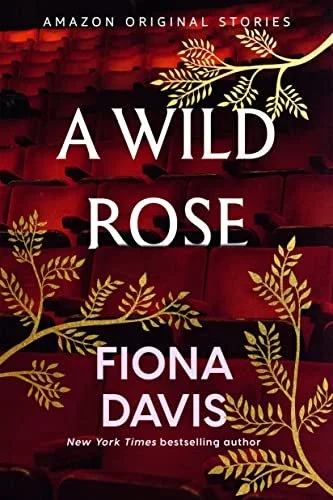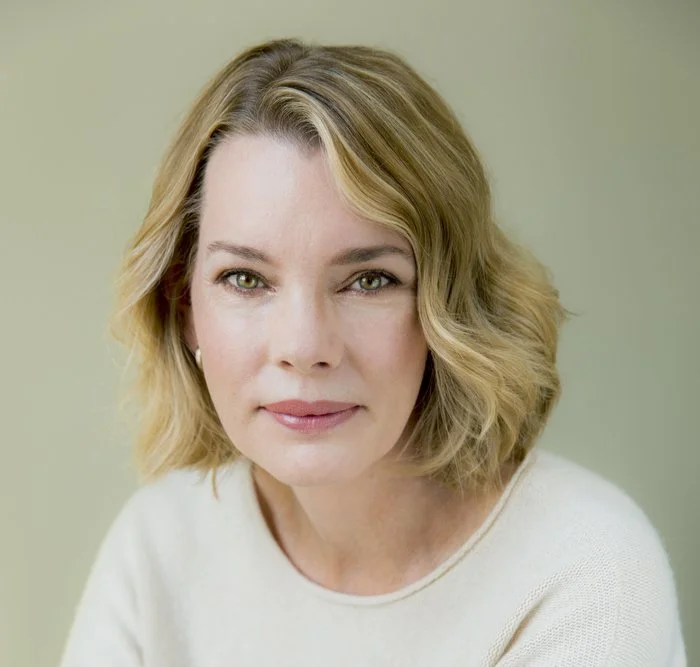Spotlight: A Wild Rose by Fiona Davis
/World-renowned pianist Gloria Banderas is at the height of her career when a curious ailment forces her to cancel a sold-out performance at Carnegie Hall. The same day, she befriends one of the many free-spirited artists inhabiting the warren of apartments above the theater. With her career and marriage at a standstill, Gloria moves into an empty studio and convalesces among the poets, photographers, and dancers who eke out a living with total dedication to their art. As a return to her old routine beckons, Gloria must decide which parts of her life are worth fighting for.
Fiona Davis’s A Wild Rose is part of A Point in Time, a transporting collection of stories about the pivotal moments, past and present, that change lives. Read or listen to each immersive story in a single sitting.
Excerpt
The first time she’d touched a piano was at the age of five, when a teacher had played “To a Wild Rose”—a spare, romantic piece—on the school’s battered upright piano. Gloria had been drawn to the instrument’s gleaming white keys, like oversize teeth, and repeated the melody perfectly, with an innate understanding of the intervals between the notes. After hearing of the feat from her teacher, Gloria’s parents had rushed out and bought a piano for their house in Westchester. Her father had lifted the lid and shown her the instrument’s insides, how you pressed on a key, which through a Rube Goldberg–type contraption activated a lever that caused a hammer to hit a metal string that sounded out a note.
As an adult, she could bring an audience to tears with quiet restraint, or shock them into silence with her octaves as she sliced up the keyboard. Critics became delirious when they tried to describe her playing: “ravishing,” “bursting with grace and power.” One gushed that she put the men to shame with her muscular approach. She owned her talent fully, like the best of the men, but that meant that many in the industry considered her conceited, unladylike. If her career took a nosedive, she’d find little sympathy. She’d be exposed to the elements, and the change in circumstances would only add more stress to her marriage.
Adrienne and William were still waiting for an answer.
She had told only the doctor and the psychiatrist about the problem, thinking that if she confided in anyone else, it would make it real. “It’s nothing, really.”
“Go on, you can tell us,” said William.
Gloria had already drained her glass of whiskey. Adrienne rose and poured her another, and it seemed right, somehow, to be sitting in this room with a woman in a tutu and a skinny man in a windbreaker. A majority of the creative types she’d encountered were competitive and judgmental—not surprising considering how difficult it was to win a seat in a symphony or land a show at an art gallery—but these two were simply curious. It was like she was Alice in Wonderland, but instead of going down a hole, she’d risen up an elevator and found herself in a strange land.
She held out her right hand. “My fingers won’t behave. They bend in, these two.”
Adrienne and William exchanged a look. “You play tomorrow, right?” William said. He checked his watch. “Today, I mean.” Even though she’d told him only her first name, he knew exactly who she was, what this meant.
Unfortunately, there were no pieces written for an eight-fingered pianist.
“What do the doctors say?” asked Adrienne, taking the seat next to her and patting her on the knee.
“That it’s all in my head.”
At this, William brightened. “Ah, the yips! That’s what you have.”
“You’re not supposed to say that out loud,” said Adrienne sternly. She looked back at Gloria. “Poor Sam Snead. Golfer. Got the yips and was never the same again.”
A barrel of thunder made Gloria jump. A rainstorm had kicked up, the lightning illuminating the buildings outside the windows like a black-and-white movie. “I should go.” It would be a wet, dark walk to her hotel, but it didn’t really matter anymore.
Adrienne and William exchanged another look. “You can stay next door.”
“I have to get back.” But the booze was making her head spin, and she was so exhausted. “Where next door, exactly?” The studio was smaller than Adrienne’s, but with the same high ceiling and loft, and a grand piano placed in the very center of the room. The air smelled of metal and must, a far cry from the rose-scented suite at the Plaza, where Gloria’s luggage sat, unopened. Even the fanciest hotels failed to interest Gloria these days. Why bother getting excited by the view of a city skyline, or luxuriating in a claw-foot bathtub, knowing they were transient pleasures? There was no point in getting attached to places or people, not in her line of work. The lethargy from traversing multiple time zones, compressing days into hours like an accordion, was her only constant. “There’s a bed up the stairs,” said Adrienne. “The bathroom’s outside, down the hall.”
After they left, she tossed her coat on the floor, climbed up to the loft, and fell asleep dreaming of Tchaikovsky holding his head and weeping as he conducted an orchestra of swans.
About the Author
Fiona Davis is the New York Times bestselling author of six historical novels, including The Magnolia Palace and The Lions of Fifth Avenue. Her books have been chosen as One Book, One Community reads, and her articles have been published in the Wall Street Journal and O, the Oprah Magazine.















































